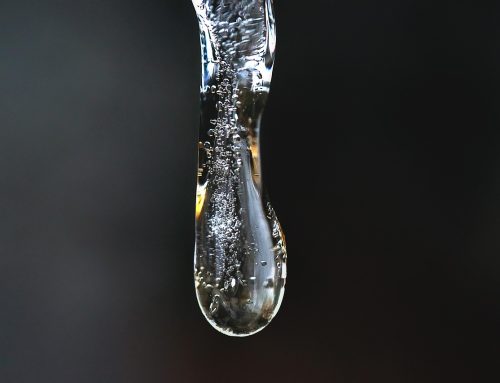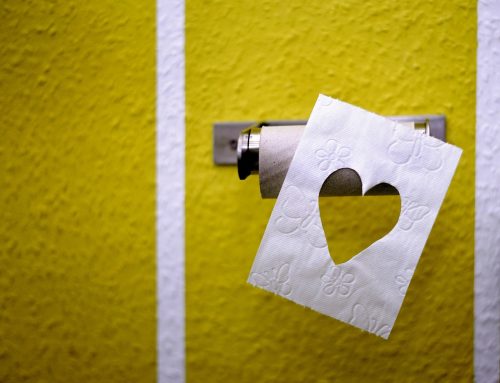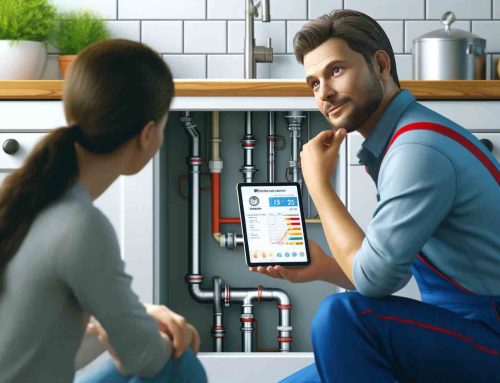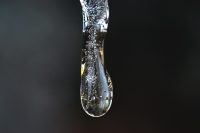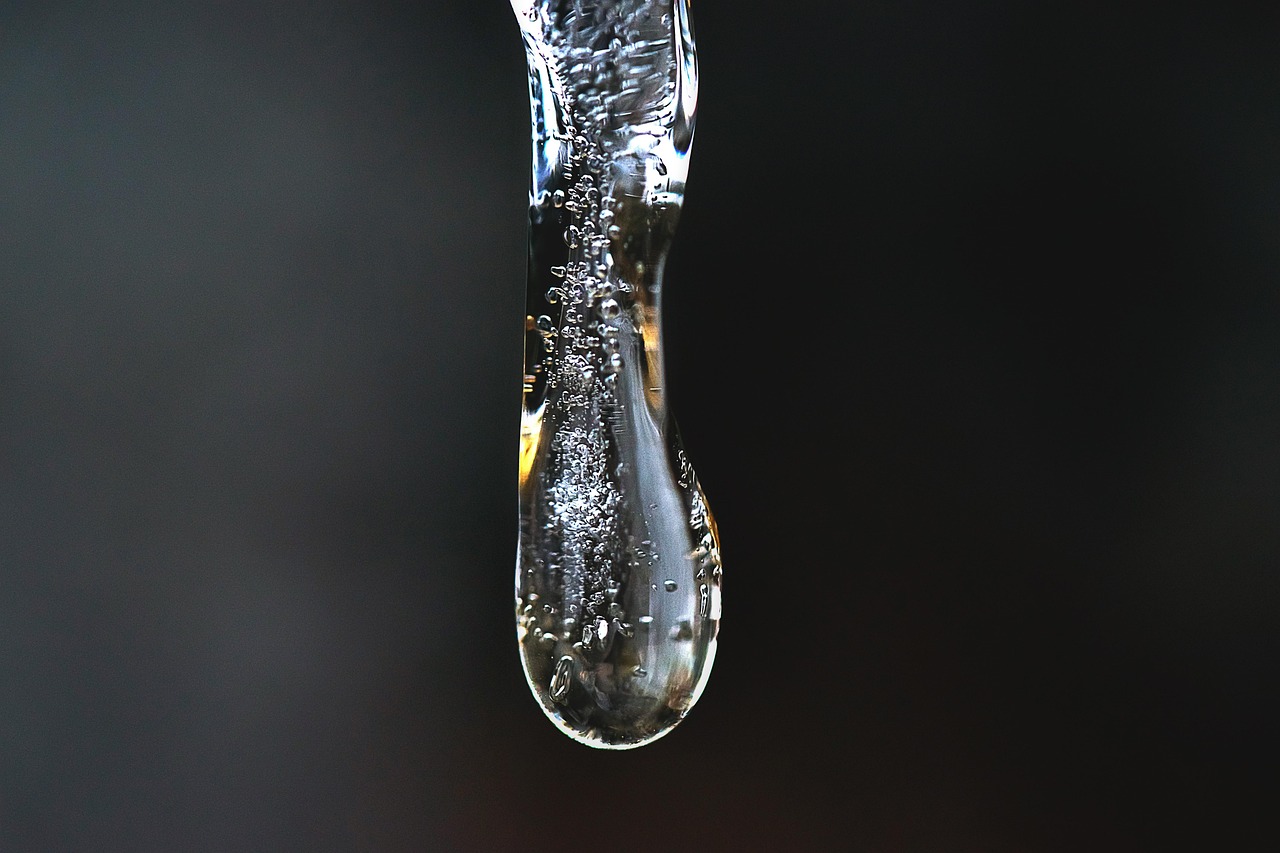Previous in our article We have already written about avoiding toilet blockages, but today we have brought you a specific list, with explanations of the things that are strictly forbidden to be thrown down the toilet if we want to avoid blockages, and the costs associated with unclogging.
- wet wipes
Believe it or not, 70% of toilet blockages are caused by none other than wet wipes. This is no wonder, as these wipes soaked in scented liquid are extremely difficult to dissolve in water and their material is much stronger than that of plain toilet paper, so definitely don't throw them down the drain!
- Tampons and pads
These menstrual devices are designed to absorb as much moisture as possible. The tampon swells in the tubes, and the pad sticks to the walls of the tubes with its sticky side, and you're done. blockage.
- dental floss
Dental floss can be really useful if the goal is to maintain the health of our teeth, but few people know that these threads are made of a really strong material, which, when tangled in the drain, is an excellent source of blockages.
- diaper
Like tampons and pads, it has excellent absorbent properties, and a rolled-up diaper is almost as large as the diameter of the tube, so it can cause an extremely large blockage. If we want to avoid blockages, we should never throw away the toilet-in!
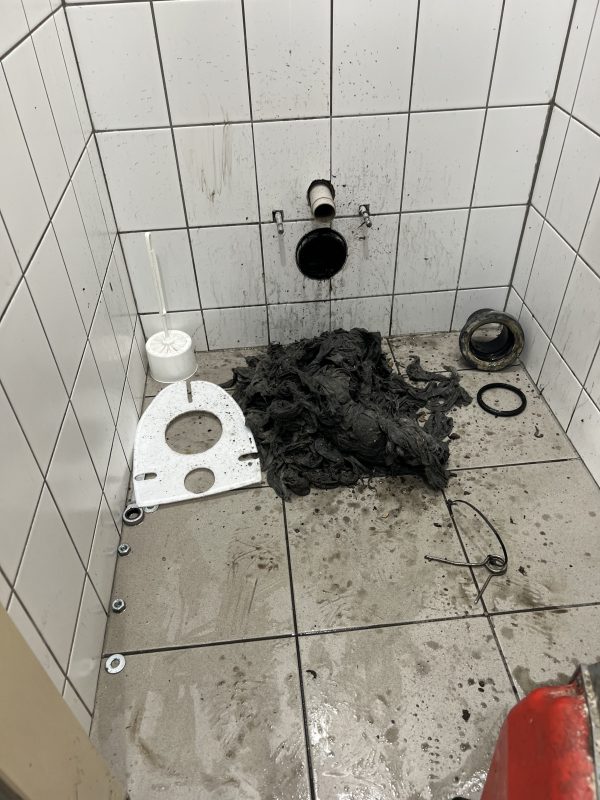
- Cat litter
Nowadays, there are cat litters on the market that state on the packaging that they can be flushed down the toilet, but don't be fooled by this, it is still not recommended to take this step, as most flushing systems do not use enough water to completely remove the cat litter.
- Wipes, napkins, handkerchiefs
At first glance, it may seem that their material and composition are exactly the same as toilet paper, but this is not the case. The fibers of handkerchiefs and wipes used for wiping hands are pressed more tightly, making them more difficult to dissolve in water, which can lead to blockages. If possible, throw them in the trash or use a hand dryer!
- Cigarette butt
Smoking is a bad idea, but throwing your cigarette butts down the drain is even worse, because in addition to containing harmful chemicals, it requires multiple flushing, which many people don't pay enough attention to, causing damage to the drainage system. If you smoke, be sure to throw your butts in the ashtray or trash can!
- Medicines
NEVER flush expired, unused medications down the toilet, as the active ingredients in the medications will start to leach into lakes and rivers, causing huge environmental damage! It is recommended to collect unused or expired medications and drop them off at the nearest pharmacy.
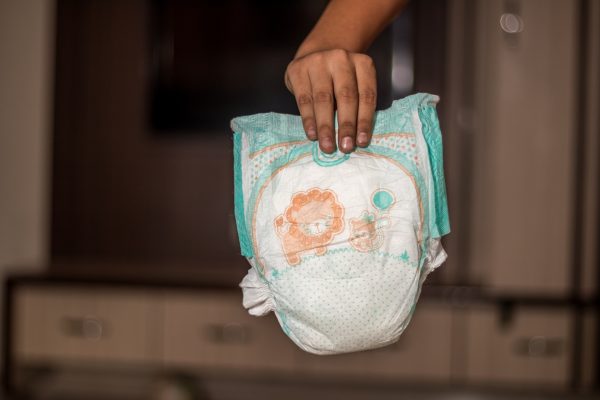
- Condom
Rubber does not break down in water, and it can also get caught in something, causing blockages and extensive damage.
- Food leftovers
Although most food scraps will decompose in the toilet (except for bones), it's still not a good idea to flush your uneaten, spoiled dinner down the toilet. Throwing a large amount of food in suddenly can cause an instant clog, so be careful!
- Used oil
Many housewives are concerned about used oils, fats Many people think that the toilet could be a suitable place, but they don't consider that oil easily sticks to the surface of the pipes, reducing their diameter.
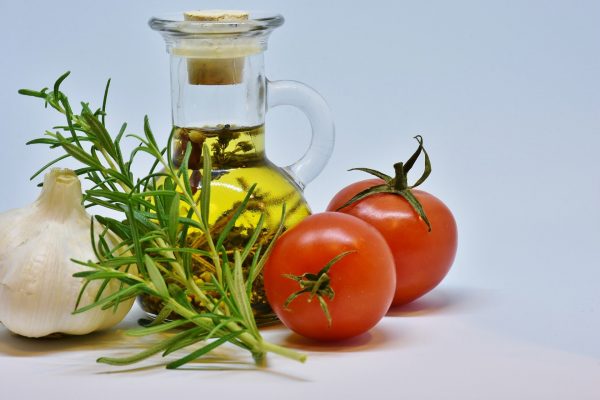
- Cotton swabs, cotton buds
The plastic stems of cotton swabs take over 1,000 years to decompose, not to mention they can get caught on anything, making them the perfect place for things like cotton swabs to become clogged.
- Chewing gum
We don't need to add much to this either. Since chewing gum is also made of rubber, it, like condoms, does not decompose in the drain, but instead sticks perfectly to any pipe surface, which, as we know, reduces the diameter of the pipe.
- Hypo
Sodium hypochlorite, commonly known as hypo, or bleach, may seem like a good idea for maintenance purposes, but it doesn't hurt to with agent Be careful, as in large quantities it can do more harm than good. If you want to be on the safe side, use vinegar, because it is not only environmentally friendly, but also does the job.
- Hair strands
Hair works the same way as dental floss. It forms a knot and slowly but surely clogs the toilet, so don't throw it down the toilet!
This would have been the list of 15 things that should never be thrown down the drain or poured into the water. We hope we managed to convince everyone to use their garbage properly and everyone will avoid trouble.
Did something go wrong? Then don't despair, we are at your disposal 24/7 and we will fix the problem with a guarantee! Would you like to contact us? Visit us Facebook my page, or click on connection menu, where you can find all my contact information!


